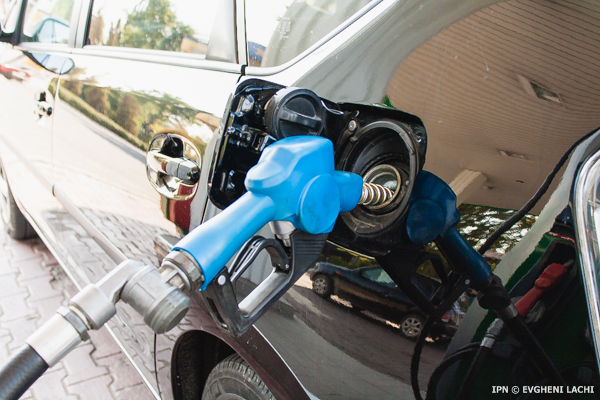
The National Agency for Energy Regulation on March 31 approved the new methodology of forming and applying the prices of oil products by which the method of determining the retail prices of gasoline, diesel fuel and liquefied petroleum gas was conceptually changed. The Agency considers the new methodology will stimulate loyal competition between oil companies and will lead to a decline in retail prices for end-users following the price reductions on regional markets, IPN reports.
Thus, the prices of oil products and liquefied petroleum gas will be formed based on the average value of the Platts quotations for the main oil products or the Argus DAF Brest assessments for propane-butane mix for liquefied petroleum gas, the excise duties and value added tax put in accordance with the Fiscal Code and on a specific profit margin.
The methodology defines the method of determining the upper retail prices of the main oil products and liquefied petroleum gas each two weeks according to a preset formula, depending in the mentioned components. It also specifies how the maximum value of the specific profit margin is calculated and approved.
The methodology will take effect when it is published in the Official Gazette. Afterward, the Administration Board of the National Agency for Energy Regulation will set by a decision the maximum values of the specific profit margin on the sale of gasoline, diesel fuel and liquefied petroleum gas during the first year of validity of the methodology and, respectively, the upper retail prices of these fuels.


